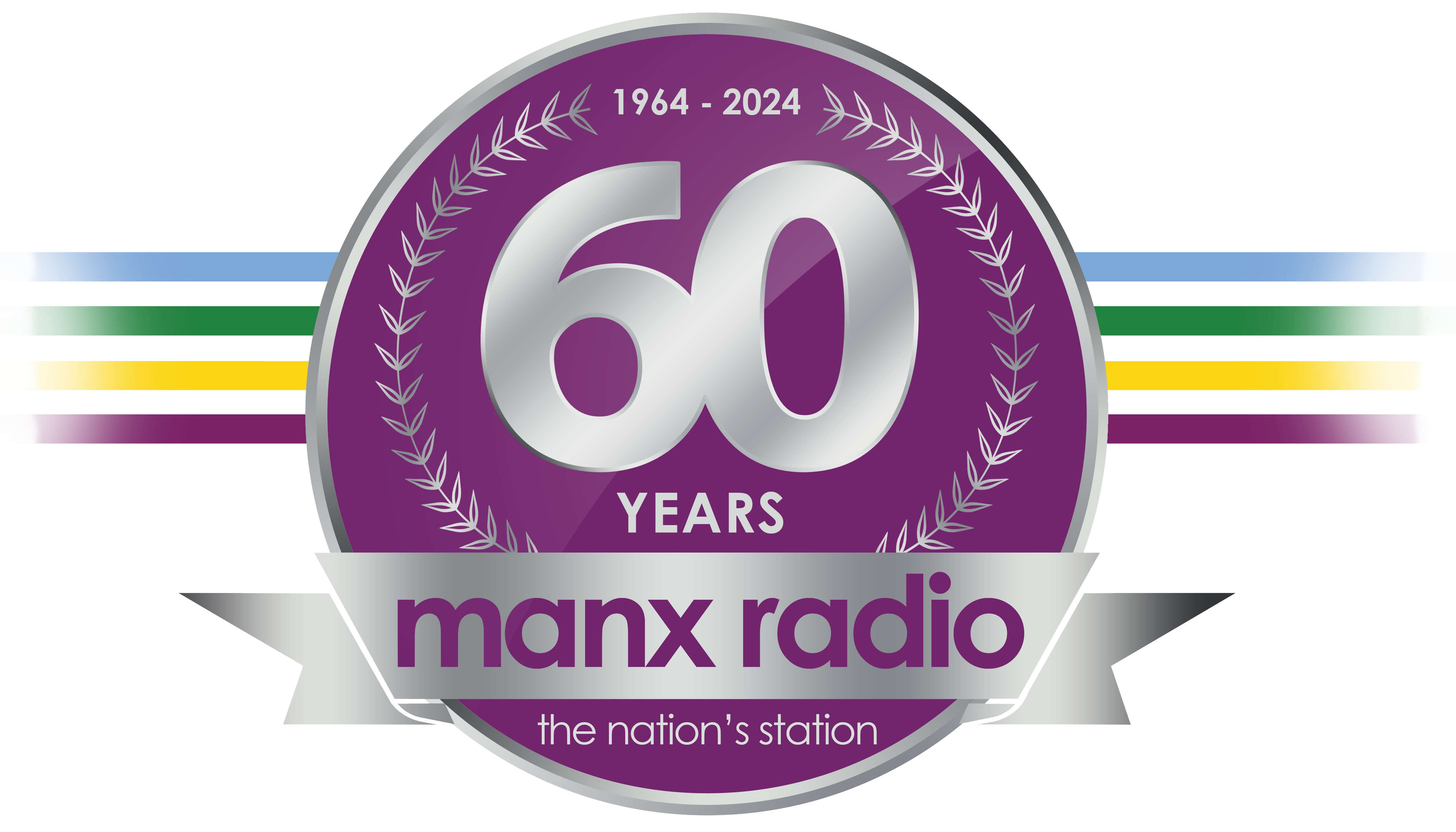
Court rules 'exceptional measures' were for 'exceptional times'
A prisoner who was locked up during the height of the Coronavirus pandemic has been told he didn’t have his human rights breached.
Wayne Kenneth Mellor lost his case against the Department of Home Affairs following a two-day trial, in which he represented himself, at the High Court of Justice of the Isle of Man.
He’d argued that the conditions of his detention in April 2020 breached the European Convention of Human Rights in that he faced degrading or inhumane treatment.
The 38-year-old had also alleged that respect for his family and private life was breached and the common law duty of care, owed to him by the DHA, was not upheld.
Dismissing Mr Mellor’s claims Deemster Christopher Cope said the clear motivation behind the ‘exceptional measures’ imposed at the prison, during his time of incarceration, were designed to protect detainees, and staff, from a ‘dangerous and rapacious virus’.
Detention
Mr Mellor was arrested on 18 April 2020 for breaching the Emergency Powers (Prohibition of Movement) Regulations 2020 – police had found him drinking at a friend’s house.
You can find out more HERE.
He appeared at Douglas Courthouse two days later where he admitted being absent from home with no good reason – something which was in defiance of the Island’s Emergency Powers Act.
Mr Mellor was sentenced to 28 days in custody and taken to the Isle of Man Prison – on arrival a healthcare assessment was undertaken and he was processed for admission on to B-wing.
He remained there until he was released 11 days later on 1 May.
B-wing
Three days prior to Mr Mellor’s admission, on 17 April, the prison governor had ordered all new admissions to the facility would be held in isolation for 14 days.
This was an attempt to restrict the transmission of the virus after a prisoner with Covid-19 had been introduced to the facility.
B-wing was re-purposed as an induction wing for all new detainees – with all former occupants moved to one of the other four wings on or about 18 April.
The Isle of Man Prison, at this time, was said to be operating under an ‘exceptional regime’ due to the rapidly developing crisis.
Each of the 42-cells on B-wing was single occupancy and had a window which could be opened, a wash basin with hot and cold water, a bed and a toilet.
Red Regime
Prisoners entering B-wing, including Mr Mellor, were placed on a ‘Red Regime’ which saw their movements heavily restricted.
New detainees were allowed a shower and telephone call during the initial induction process and healthcare assessment – but access to both was prohibited thereafter.
Cells were unlocked once a day, at 11.30am, for a food and medicine deposit – the court heard all provisions, for the next 24-hour period, were left at this time.
Bedding and clothing were provided on admission and then again at weekly intervals – dirty items were collected and taken to laundry.
There was no access to the outside exercise yard during the 14-day isolation period – instead prisoners were provided with exercise instructions for them to carry out in their cells.
Access to the phone system was prohibited – instead prisoners were advised they could pass messages to staff who would then relay them to friends and family as appropriate.
The ‘Red Regime’ continued for 10 days, until 29 April, when it was partially relaxed to allow non-symptomatic prisoners to take showers, and make telephone calls, on Wednesdays and Sundays.
Claims
Mr Mellor’s claims against the Department of Home Affairs centered around his cell conditions, personal hygiene, medication and food.
He told the court his cell was unsanitary and had not been properly cleaned, disinfected or sterilised when he arrived and, as such, he was concerned about catching Covid-19 from a dirty surface.
He also alleged he was not provided with cleaning products and was given used bedding.
Disputing this the DHA said the cell had been cleaned by the previous occupant, prior to vacating, and it was not necessary to sterilise it because that person was Covid free.
The bedding, whilst used, was cleaned and laundered and cleaning materials were available on request.
Deemster Cope found Mr Mellor’s cell was clean adding: “It may not have been perfect e.g. to hotel standards, or that of a professional deep clean, but it was acceptable.”
Mr Mellor also objected to having to eat and perform bodily functions in the same enclosed space adding he could not maintain a basic standard of personal hygiene.
In response the DHA said all prisoners were provided with a wash pack to use at their cell basin adding that escorting isolated prisoners to the showers would have exposed everyone to the risk of infection.
At the time of enforcing the ‘Red Regime’ the DHA said it was experiencing a ‘serious staffing shortage’ caused by the pandemic and self-isolation requirements.
As a result there were just two prison officers on duty on B-wing between 7.30am and 5pm each day.
Mr Mellow also alleged he was not provided with adequate medical treatment – claiming that medication substitutions had caused withdrawal symptoms and there were delays in providing him with prescribed items.
The Department of Home Affairs accepted there were some delays but said these were ‘explicable and unavoidable’.
Deemster Cope ruled that Mr Mellor’s access to healthcare and treatment was ‘more than adequate’ – rejecting that the issues experienced amounted to inhumane or degrading treatment.
He said whilst there were some ‘relatively minor delays’ in providing medication - which caused anxiety, distress and ‘possibly withdrawal symptoms’ - these were an ‘inevitable practical consequence of detention’.
Mr Mellor also argued that the food he received during isolation was inadequate and insufficient.
A hot meal was delivered each morning along with sandwiches, crisps, chocolate, cereal and milk – the latter Mr Mellor said had often soured by the morning.
Rejecting this part of Mr Mellor’s complaint Deemster Cope described it as ‘trivial’.
Restrictions around access to telephones did not, the deemster ruled, amount to a breach of Article 8 rights because there was no guaranteed right to have these.
The offer from prison staff to pass on messages was ‘sufficient’ in the circumstances he added.
Judgement
Throwing out Mr Mellor’s claim Deemster Cope said there was nothing ‘arbitrary’ about the measures imposed at the prison during the period.
Instead he said the imposition of the ‘Red Regime’ was a ‘reasonable and proportionate strategy’ to protect prisoners and staff from a highly transmissible virus.
Prisoners, he said, were aware of the 14-day nature of the isolation and that they’d be moved to another wing after this time, or of their release date, if it fell during the period.
“In my judgement the regime operated not to humiliate or debase to the contrary it was an exceptional measure for exceptional times,” the deemster said.
“It was of short and fixed duration to prevent the outbreak or spread of a life-threatening infection in a closed community of vulnerable residents.”
DHA
The Department of Home Affairs says it welcomes the judgement but notes that it appreciates the experience, for both prisoners and staff, whilst the measures were in place ‘would be particularly difficult’.
In a statement a spokesperson added: “They were introduced during a time of global uncertainty but the department would like to assure all involved that the prison governor and staff acted in the best interests of all at the prison.
“As the only prison on Island robust measures were needed to ensure its continued safe and secure operation.
“It is a testament to the work of the governor at the time and his staff that there were no lives lost in prison due to the virus.”
Other claims
Four other claimants, who had also brought forward cases claiming their human rights were breached, were settled out of court by the Department of Home Affairs.
These were on a ‘no admission’ basis with what the department claims were ‘modest payments made in the name of the public interest’.
The DHA adds it hoped to conclude litigation to reduce the costs incurred on the public purse through legal aid and court costs.
Manx Radio has asked the DHA to confirm how much was paid out to the four claimants.
It responded: “The settlement is subject to a non-disclosure agreement and we are unable to release details of the settlement but it is the view of the department that the settlement represented good value for money against the costs of a contested hearing where each of the additional claimants were also publicly funded.”
Mr Mellor’s two-day trial took place on 17 and 18 May. You can find the full judgement HERE.


 Liverpool ferry terminal won't be open in time for TT
Liverpool ferry terminal won't be open in time for TT
 Changes to TT parking provision
Changes to TT parking provision
 Surge in people on gas payment plans sparks fears of possible hike in tariffs
Surge in people on gas payment plans sparks fears of possible hike in tariffs
 Manx racer 'OK' after 'horrifying' NW200 crash
Manx racer 'OK' after 'horrifying' NW200 crash
 Peel Sailing Club lease to finish in 2027
Peel Sailing Club lease to finish in 2027
 Colby farm up for top agricultural award
Colby farm up for top agricultural award
